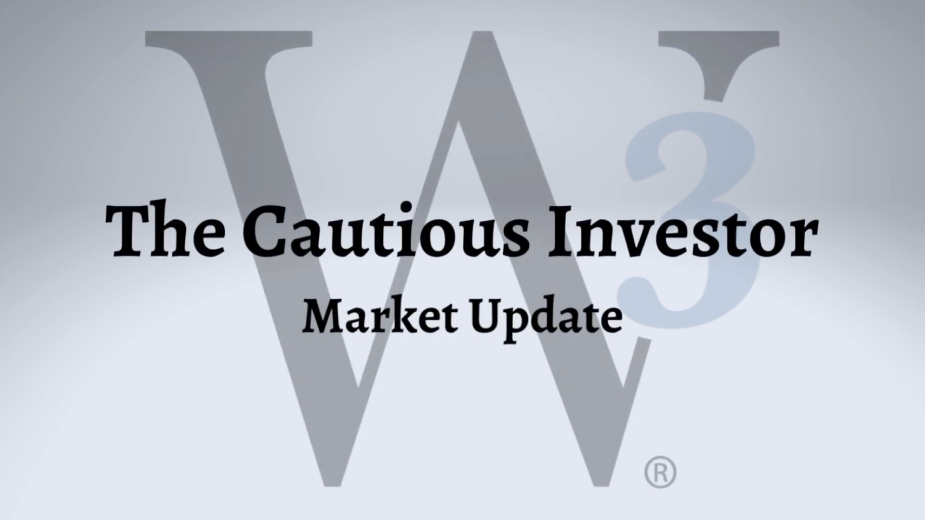The Stock Market is Not the Economy
Despite Great Depression-levels of unemployment, civil unrest and a global pandemic that is still making an impact on domestic economies, the S&P 500 has enjoyed the greatest 50-day rally in its history. Additionally, global markets are almost completely recovered from their bottom.
“How could it be that the performance of the stock market and the economy we find ourselves in can look so different?” asks Jean Daley, private client associate with W3 Wealth Management in Warren.
One reason for the disconnect, she says, is that markets are forward-looking, while economic indicators – gross domestic product and unemployment rates – are backward-looking. Investors typically look to where the economy is heading, while economists take historic data to provide measures of economic health, she says.
“So, while investors are looking to 2021 with optimistic eyes, economists are finding in June that we entered a recession in February,” she says.
For your own financial well being, it’s important to understand the make-up of the indexes that are used to measure market performance, Daley says. Indexes like the S&P, which is comprised of larger companies that “operate under very different circumstances from a mom and pop shop,” are a curated slice of the market and “don’t represent all businesses of every size,” she says.
That’s different from the economy, a system in which everyone participates, Daley explains. Individuals create products and services that are purchased by other consumers.
“The stock market is not the economy, but it is adjacent to it,” she says. “It’s observing what is happening in the real economy and it’s making predictions based off of those observations.”
Understanding these differences is an important first step in ensuring your life investments survive the turmoil. Hear more from Daley in the video above.
Copyright 2024 The Business Journal, Youngstown, Ohio.


